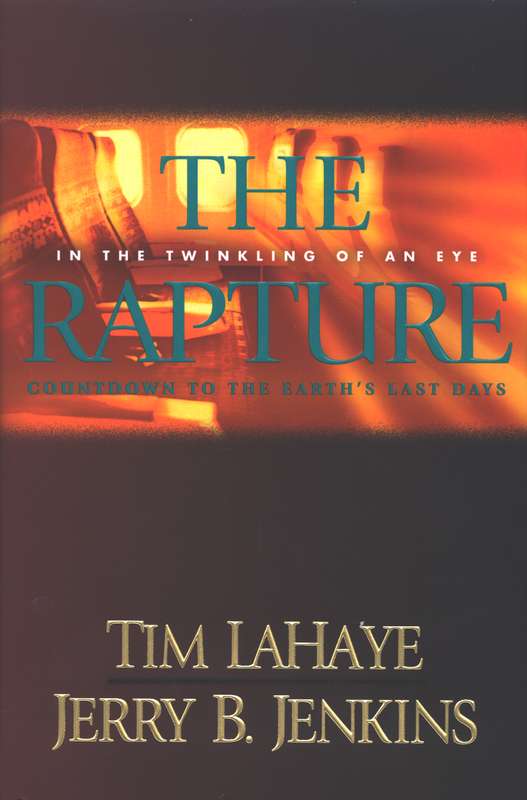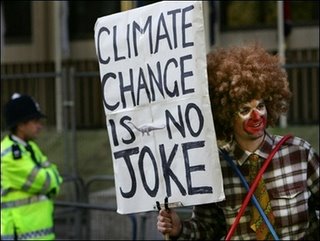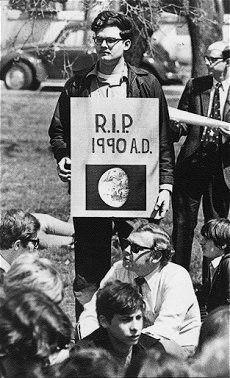 It seems that the unquestionably holy UN's own report on the cost of the greenie agenda shows that The Stern Report deceptively underestimates the cost at 1% of GDP.
It seems that the unquestionably holy UN's own report on the cost of the greenie agenda shows that The Stern Report deceptively underestimates the cost at 1% of GDP.
But what is an annual cost of 1% of GDP anyway? GDP is a gage of what the whole of the economy looks like after the taxman has taken his cut.
Simply put, among the advanced economies on the world 1% of GDP is the same value as about half of yearly economic growth. Have you seen a handful of houses built in your neighborhood? Let's say there are 10. They are an expression of the growth in the GDP value of property. The same addle-brained morons who would support the greenies’ devolution of humanity would be the first ones end up living rough on the streets. Under the proposed strictures of the Stern Report’s recommendations there would only have been five. That's just in housing. Imagine anything else that you've seen changed, made new, or improved are not immune. Take all of that, and cut it in half.
Under the proposed strictures of the Stern Report’s recommendations there would only have been five. That's just in housing. Imagine anything else that you've seen changed, made new, or improved are not immune. Take all of that, and cut it in half.
Now imagine that the entire thing is made to look small to make the concept of committing to it more palatable. Imagine that the real cost is twice that, consuming ALL growth, devouring the incentive to do anything better, more efficiently or renew it in any way.
Since it creates growth or grows income, all of it will have to be taxes at 100% to absolve the guilt of people who bought into something they don't understand, sold to them by a by a bunch of rotten crypto-Marxists.
If anyone takes one percent of GDP year on year, and in the process offsets any benefit whatsoever of economic growth, it wont take long for that economy to contract to the point where the absolute sum amounting to 1% would need to be 2% to maintain the same amount. It is a measure that will make the global economy contract, create pollution and misery generating poverty, while accomplishing nothing for the environment.
Sound all so very humanistic, concerned, etc., etc., doesn’t it? The final word goes to Bjørn Lomborg writing in the Wall Street Journal who doped through all 700 pages of the Stern Review:
It matters because Gordon Brown, Tony Blair and Nicholas Stern all profess that one of the major reasons that they want to do something about climate change is because it will hit the world's poor the hardest. Using a worse-than-worst-case scenario, Mr. Stern warns that the wealth of South Asia and Sub-Saharan Africa will be reduced by 10% to 13% in 2100 and suggests that effect would lead to 145 million more poor people.
Faced with such alarmist suggestions, spending just 1% of GDP or $450 billion each year to cut carbon emissions seems on the surface like a sound investment. In fact, it is one of the least attractive options. Spending just a fraction of this figure--$75 billion--the U.N. estimates that we could solve all the world's major basic problems. We could give everyone clean drinking water, sanitation, basic health care and education right now. Is that not better?
[ ... ]
Last weekend in New York, I asked 24 U.N. ambassadors--from nations including China, India and the U.S.--to prioritize the best solutions for the world's greatest challenges, in a project known as Copenhagen Consensus. They looked at what spending money to combat climate change and other major problems could achieve. They found that the world should prioritize the need for better health, nutrition, water, sanitation and education, long before we turn our attention to the costly mitigation of global warning.


No comments:
Post a Comment